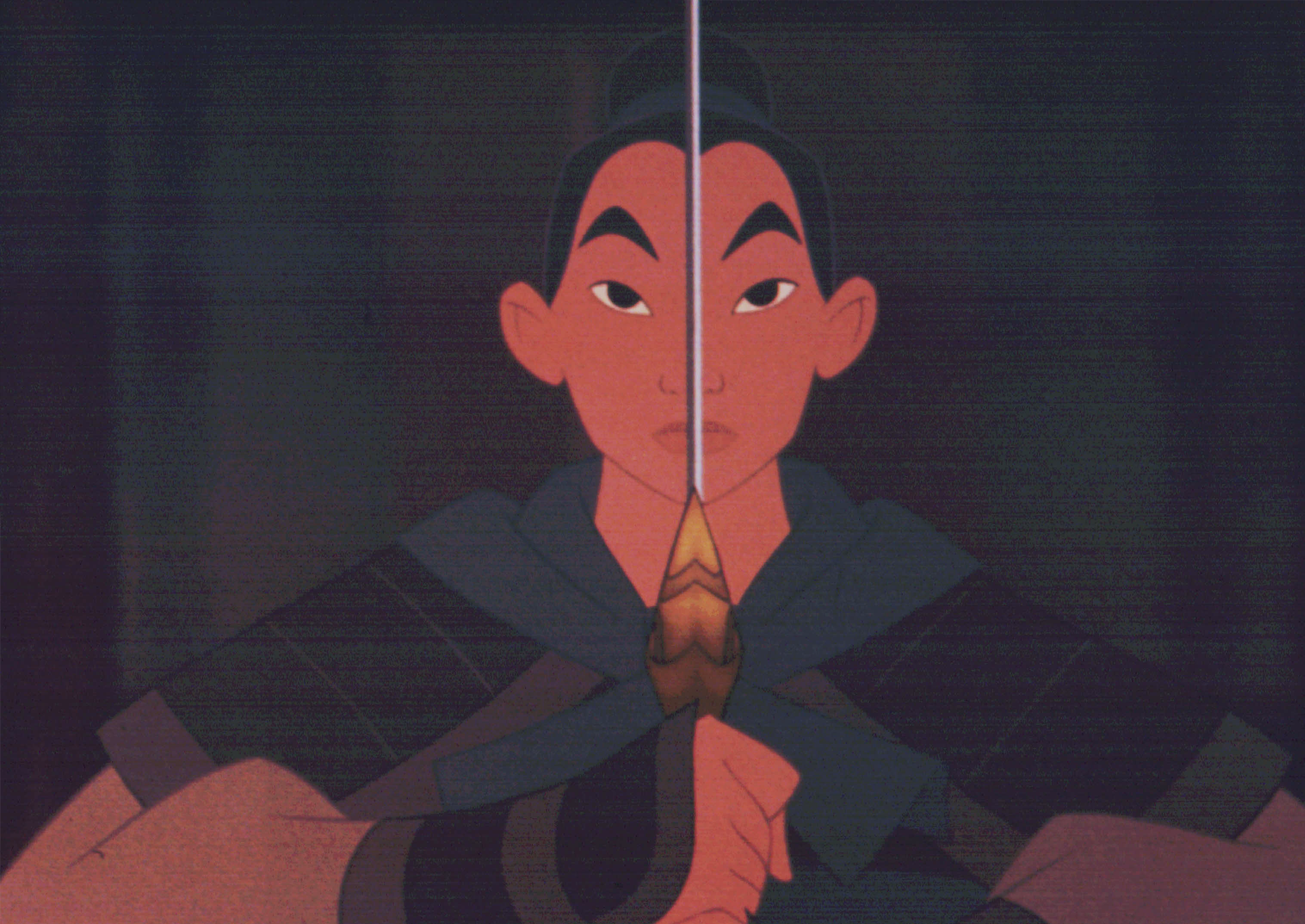Zoe Kravitz rejected from The Dark Knight Rises because the film was not 'going urban'
Kravitz's experience falls in line with concerns about Hollywood racism

Your support helps us to tell the story
From reproductive rights to climate change to Big Tech, The Independent is on the ground when the story is developing. Whether it's investigating the financials of Elon Musk's pro-Trump PAC or producing our latest documentary, 'The A Word', which shines a light on the American women fighting for reproductive rights, we know how important it is to parse out the facts from the messaging.
At such a critical moment in US history, we need reporters on the ground. Your donation allows us to keep sending journalists to speak to both sides of the story.
The Independent is trusted by Americans across the entire political spectrum. And unlike many other quality news outlets, we choose not to lock Americans out of our reporting and analysis with paywalls. We believe quality journalism should be available to everyone, paid for by those who can afford it.
Your support makes all the difference.Zoe Kravitz may be rising Hollywood's ranks after roles in blockbusters X-Men: First Class and Mad Max: Fury Road, but the US actress recently revealed the disturbing reason why fans do not see her in The Dark Knight Rises.
The 26-year-old daughter of musician Lenny Kravitz and actress Lisa Bonet was blocked from Christopher Nolan's box office hit because filmmakers were not wanting to "go urban" with their casting.
"In the last Batman movie [The Dark Knight Rises], they told me that I couldn't get an audition for a small role they were casting because they weren't 'going urban'," she told Nylon.
"It was like, 'What does that have to do with anything?' I have to play the role like, 'Yo, what's up Batman? What's going on wit chu?'"
Kravitz, who is of Dominican and Jewish-American ethnicity, declined to mention which role she wanted, but as female parts were limited in The Dark Knight Rises, it would likely have been the role of Catwoman's pickpocketing roommate Jen, which the blonde, fair-skinned Juno Temple won.
Kravitz's experience sadly falls in line with current concerns about racism in the film industry.
This year's Oscar nominations were the least diverse since 1995, with not a single black, Asian or minority ethnic actor nominated across the four major acting catergories.
Such is the expectation of further "whitewashing" that Disney fans are already protesting against a white Mulan in the studio's planned live action remake, before casting has even been considered.

Then there is Bradley Cooper's upcoming comedy Aloha, which was recently met with allegations of racism from the people of Hawaii after mostly white actors were employed instead of natives.
Recent research found that just 11 per cent of all female character last year were African-American, while only 4 per cent were Asian or Latina.
Join our commenting forum
Join thought-provoking conversations, follow other Independent readers and see their replies
Comments